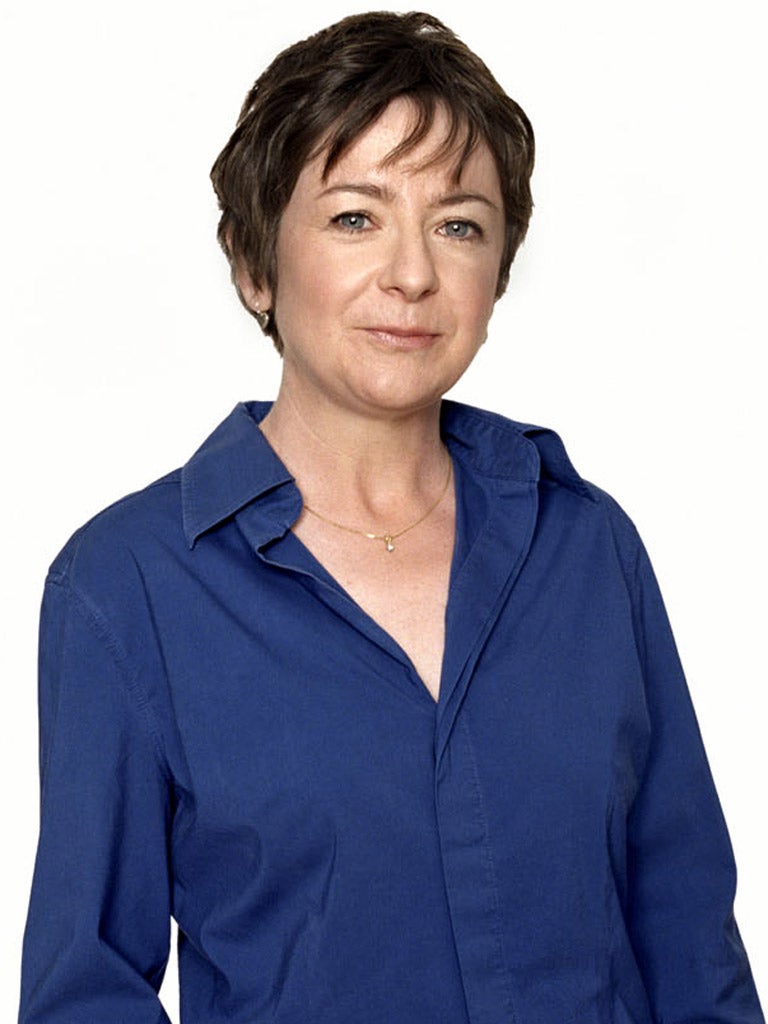The Week in Radio: Moved by key moments in musical history
Compared to wrestling with a cello, women could still look pretty while they were playing the piano

Your support helps us to tell the story
From reproductive rights to climate change to Big Tech, The Independent is on the ground when the story is developing. Whether it's investigating the financials of Elon Musk's pro-Trump PAC or producing our latest documentary, 'The A Word', which shines a light on the American women fighting for reproductive rights, we know how important it is to parse out the facts from the messaging.
At such a critical moment in US history, we need reporters on the ground. Your donation allows us to keep sending journalists to speak to both sides of the story.
The Independent is trusted by Americans across the entire political spectrum. And unlike many other quality news outlets, we choose not to lock Americans out of our reporting and analysis with paywalls. We believe quality journalism should be available to everyone, paid for by those who can afford it.
Your support makes all the difference.It's Piano Season on Radio 3. That's right, Piano Season. Now, I'm no expert when it comes to classical music, but surely, just as every day is guitar day on BBC6 Music and auto-tuned-twazzock-whining-over-fizzing-euro-pop day on Radio 1, on Radio 3 it's "piano season" all year around. Which raises the question: how is this current celebration doing anything out of the ordinary?
Granted, there was an unusual array of contributors on this week's Sunday Feature, which was about the social history of the piano. Presenter Michael Goldfarb met Charles Hodges, aka "Chas", of Chas & Dave, who explained what having a piano meant to his family. When he was a child, his mum, Peggy, had played it to keep the family's spirits up after her husband had died and to help forget their financial woes. We also met the owner of a piano removals firm in Philadelphia whose father once noted "you either play them or you move them" but you can't do both. As Goldfarb remarked that a piano is nothing more than a machine with a limited life expectancy, we heard them hoisting a clapped-out piano from a lorry and tipping it into a junkyard, with an awful, reverberating crash. Goldfarb wasn't fooling anyone. It was like hearing someone's dying gasp.
Elsewhere, we heard about the changes in piano technology from its invention in the late 17th century, and how by the 19th century the instrument became an accoutrement of middle-class domestic life and, crucially, a mark of respectability. Women were the main practitioners, for the simple reason that, compared to wheezing into a clarinet, or wrestling with a cello, they could still look pretty while they were playing it. Goldfarb went on to mourn the fact that people rarely buy pianos anymore, neglecting to mention that, whether they wanted one or not, precious few city dwellers have the space to house one, let alone the cash to buy it.
In the first part of The Essay: The Piano in Five Pieces, the art critic Alastair Sooke looked at the role of the piano in visual art, dwelling on Degas' The Piano Lesson and William Holman Hunt's The Awakening Conscience, the latter questioning the piano's enduring symbolism as a mark of propriety. Sooke explained how Modernist artists used pianos to subvert tradition, culminating in Rebecca Horn's installation Concert for Anarchy, in which a grand piano /was suspended upside down, emitting a tuneless cacophony of noise. "Western civilisation," noted Sooke with amusement, "had been turned on its head."
Civilisation, or at least Radio 3's version of it, was dealt a blow on In Tune as presenter Sean Rafferty was interrupted from his usual routine by the DJ Dev, best known for manning the graveyard shift on Radio 1. In perhaps the only really unusual event in this much-vaunted Piano Season, Dev, along with Woman's Hour presenter Jane Garvey and 5 Live's Nicky Campbell, had volunteered to re-start the abandoned piano lessons of his youth and attempt to master the Moonlight Sonata in time for a charity concert in six weeks' time.
Rafferty couldn't have been more condescending, suggesting that perhaps Dev give the Steinway in the studio a wide berth for now and remarking on how the DJ had asked his teacher ,"When am I going to do the Beethoven and everything?" Later, he corrected Dev when he mentioned being "backed by the orchestra" for his final performance. "Don't say 'backed'," he advised. "They like to be considered partners." At this point, I'd have bundled Rafferty into the Steinway, nailed down the lid and played "Chopsticks" until his ears bled. But Dev, being a rational human being, simply asked what the correct term would be and pootled off to his next piano lesson.
Join our commenting forum
Join thought-provoking conversations, follow other Independent readers and see their replies
Comments